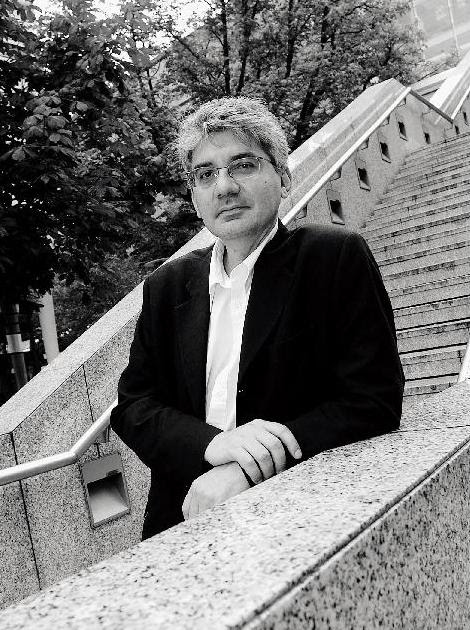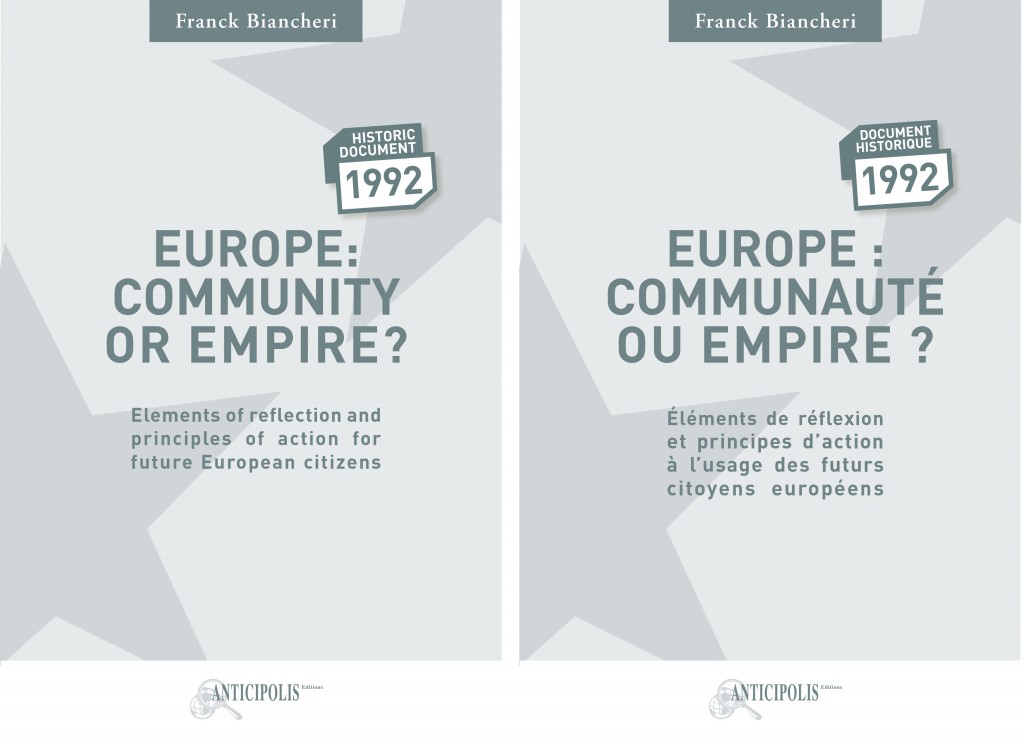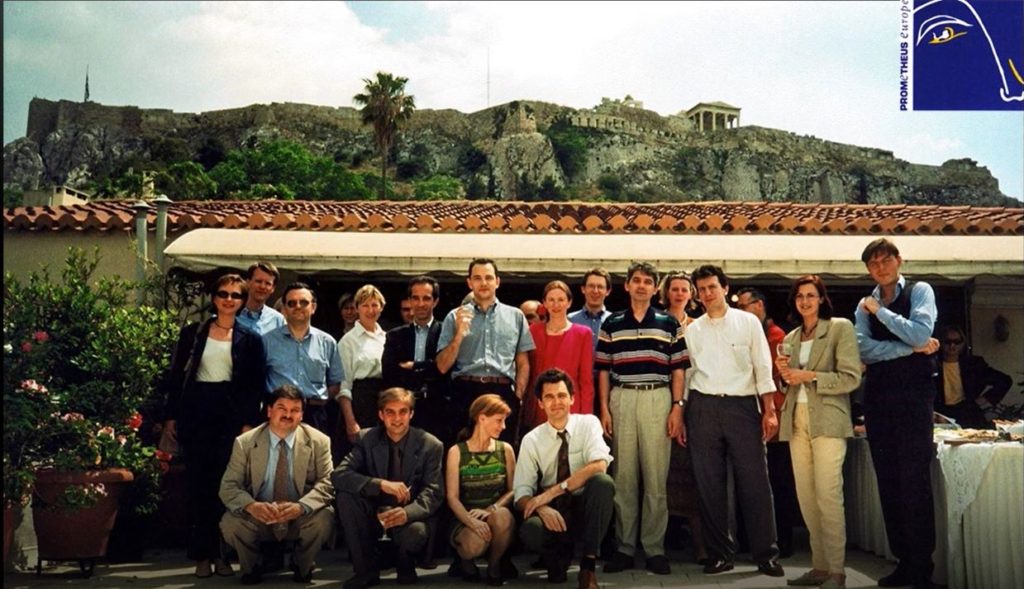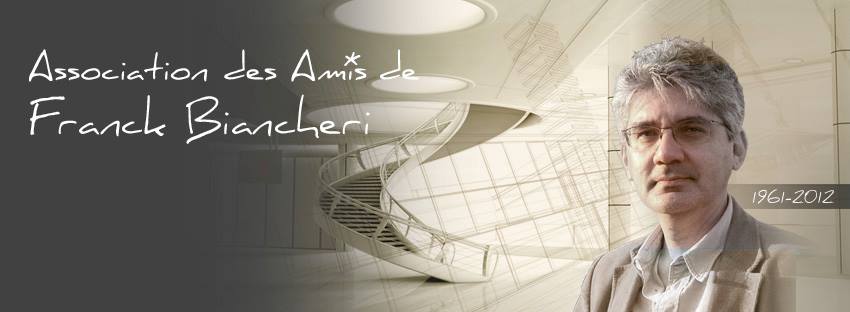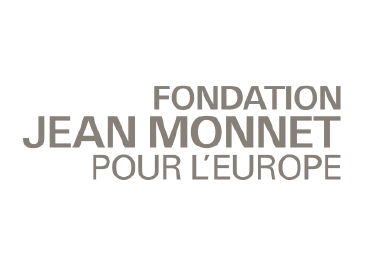Since WWII, almost all EU countries, one after the other, have discovered the issue of immigration, while for decades or centuries they were only emigration countries.
France is the only European country facing immigration for almost two centuries
UK, Germany, Holland, Scandinavia, Italy, Spain, … all of them have been exporting their human resources all along the XVIIIth, XIXth and early XXth century. On the contrary, nobody or almost nobody was coming to settle in their homeland.
Only France during the XIXth century and first half of XXth century was facing the issue of immigration. Polish, Italians, Spaniards, Portuguese, then Algerians, Moroccans, Turkish, Black Africans, Vietnamese, … all came along in the past 200 years.
France therefore developed, decades after decades, a certain model of integration of these large groups of immigrants (2/3rd of the current French population has at least one grand-parent of foreign origin) based on the laic state (religion should not interfere with the Republic framework) and a complete cultural assimilation (French language namely). Individuals could keep and cultivate their own identities but this task was not incumbent to France, neither should it create troubles with the general societal fabric. In a word, the children had to be French supposing that the family intended to stay in the country.
The other EU member-States discovered immigration only a few decades ago
In the past decades, almost all EU Member-States developed a different model where basically the immigrants were asked to work and create no troubles in their welcoming country, and in exchange, they could keep their cultural traditions, including languages, to transmit them to their children. Under this approach, one could have found that ultimately these immigrants were supposed to leave and go back home at some stage. Their children therefore should not loose their original identity. But the problem is …that this assumption was wrong. Most immigrants did not intend to go back home; and the growing European need for human resources make it even less probable right now.
Therefore, since a few years, and in the wake of the current interrogations following the September 11th crisis, more and more countries in the EU are starting to reconsider their approach to immigrants, especially in its very characteristics of integration or not.
Time is ripe to throw away short-sighted “political correctness and look at what really works to avoid long term conflicts
The French model has been highly criticized especially by the Northern Member-States as un-tolerant and coming from a supposed to be ’obsolete’ past. During the 80s and 90s, every incident was underlined as the ultimate proof of the failure of the French integration model.
While every occasion was seized to underline the “political correctness” of the co-habitation models and its peaceful success.
Again, as in so many political or social issues, the lack of anticipation, the complacency to “good feelings” and the lack of time perspective just lead to wrong analysis, understanding and policies.
If there was a due criticism to apply to the French model in the past decades, it is not the irrelevance of its principles. It is simply the weakness of the State and public decision makers and players to enforce these principles. Allowing racist trends to exist inside companies for recruiting for instance, or barring young immigrants to go to ’mainstream’ discotheques; or slowly but surely leaving the ’banlieues’ becoming ’empty State space’ where only the police was left and underpaid, ill-trained young teachers. It is by not playing its part of the game that the State weakened drastically the process of integration; and it is by not daring for a decade or two to oppose this trend that the politicians allowed some failures.
But on the whole, despite these limits, the integration process has worked extremely well and has “produced” new Frenchmen, new French citizens of which France can be proud of. As was embodied by the football Equipe de France successes in both the World Cup and the European Cup.
On the other hand, the “politically correct” approaches of most other Member-States are obviously entering into a dead-end. They have allowed huge parts of their current population to stay (or become when they are born there) foreigners for ever in the country where they leave. Germany understood the absurdity of such a direction and has suppressed this status of “Gast-Arbeiter” only in order to allow those immigrants to become German.
Meanwhile, our states have left untouched the prerogatives of some foreign states, not sharing at all the basic principles of European countries (democracy, freedom, tolerance), to influence more and more those minorities and most of the time in ways incompatible with a European perspective. For some of them not even emigration countries like Saoudi Arabia, they nevertheless use the immigrant networks to promote messages which are rendering even more difficult the integration process, by supporting an integrist vision of Islam in European mosques.
Europe’s future (internally and externally) will depend largely on how it will deal with the immigration issue
In the decades to come, immigration will increase (as Europeans don’t make babies. Italy for instance will be faced by a 45% decline in young people proportion in its population in 2020 compared to now. Most EU countries will have a 30% decline) and the issues will raise in terms of culture, religion, languages. Each of our country by itself, and the EU as a whole have to answer a very simple question:
Do we want the immigrants children to be Europeans (and therefore French, German, Dutch, Italians, …depending where they settle)? Or do we want them to stay Foreigners and, in the end, whatever ’political correctness’ says, “second-class” citizens?
From this question and from honest answers to it, it is not so difficult to build a common European policy on immigration. As a grand-son of Italian immigrants to France, I can only say that in my view the only answer which will bring Europe on a road that leads to a positive and constructive future, is “yes, we want the immigrants children to become Europeans”. The other option is the one which leads to a “dead-end”, linked with growing fear, resentments, distances between culture and religions.
Of course this first road is not easy and requires significant changes in the way of thinking of many European countries when it comes to their identity. But it addresses the issue of whether our European cultural identities are made of common blood or common concepts and values.
Franck Biancheri, 12/10/2001
